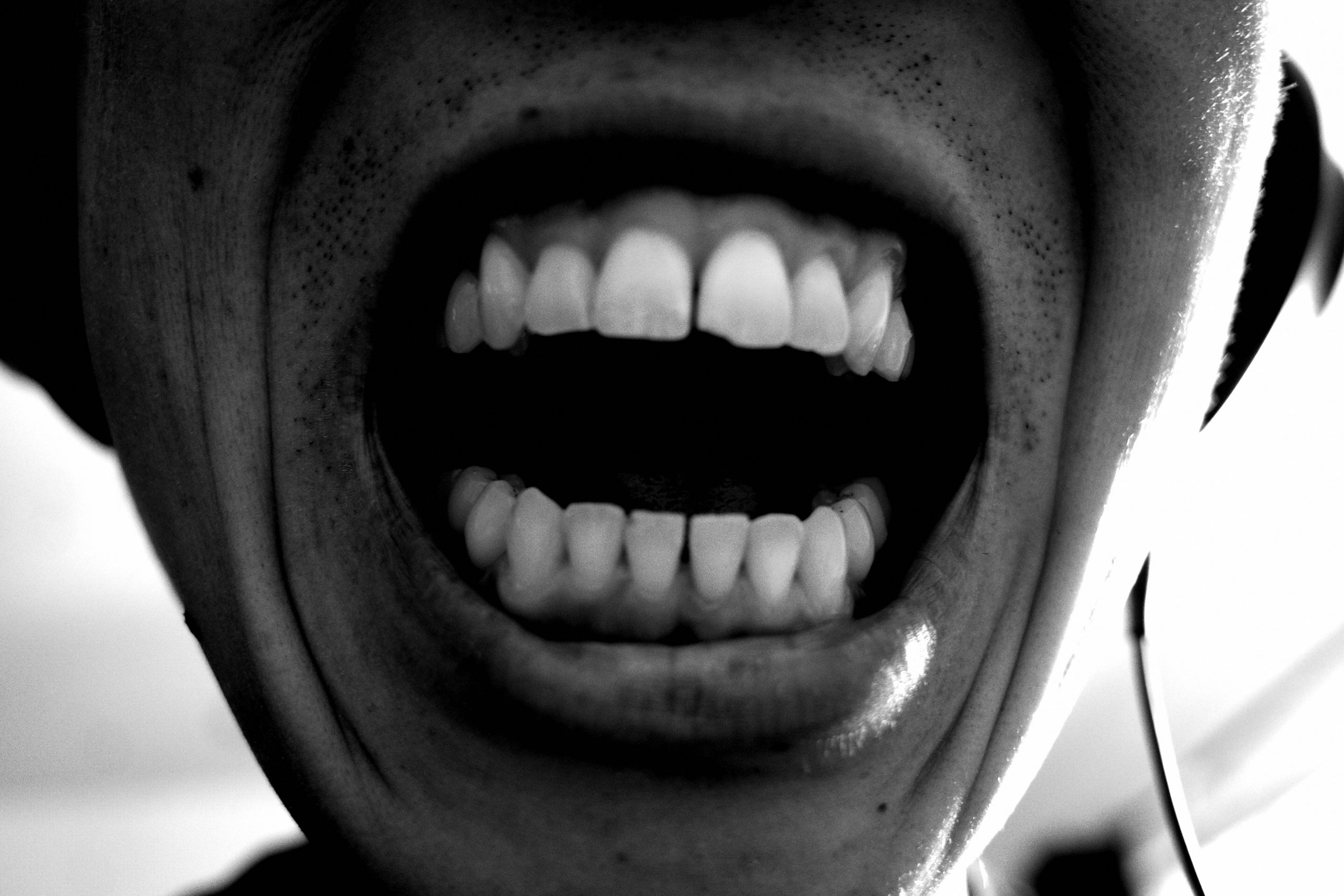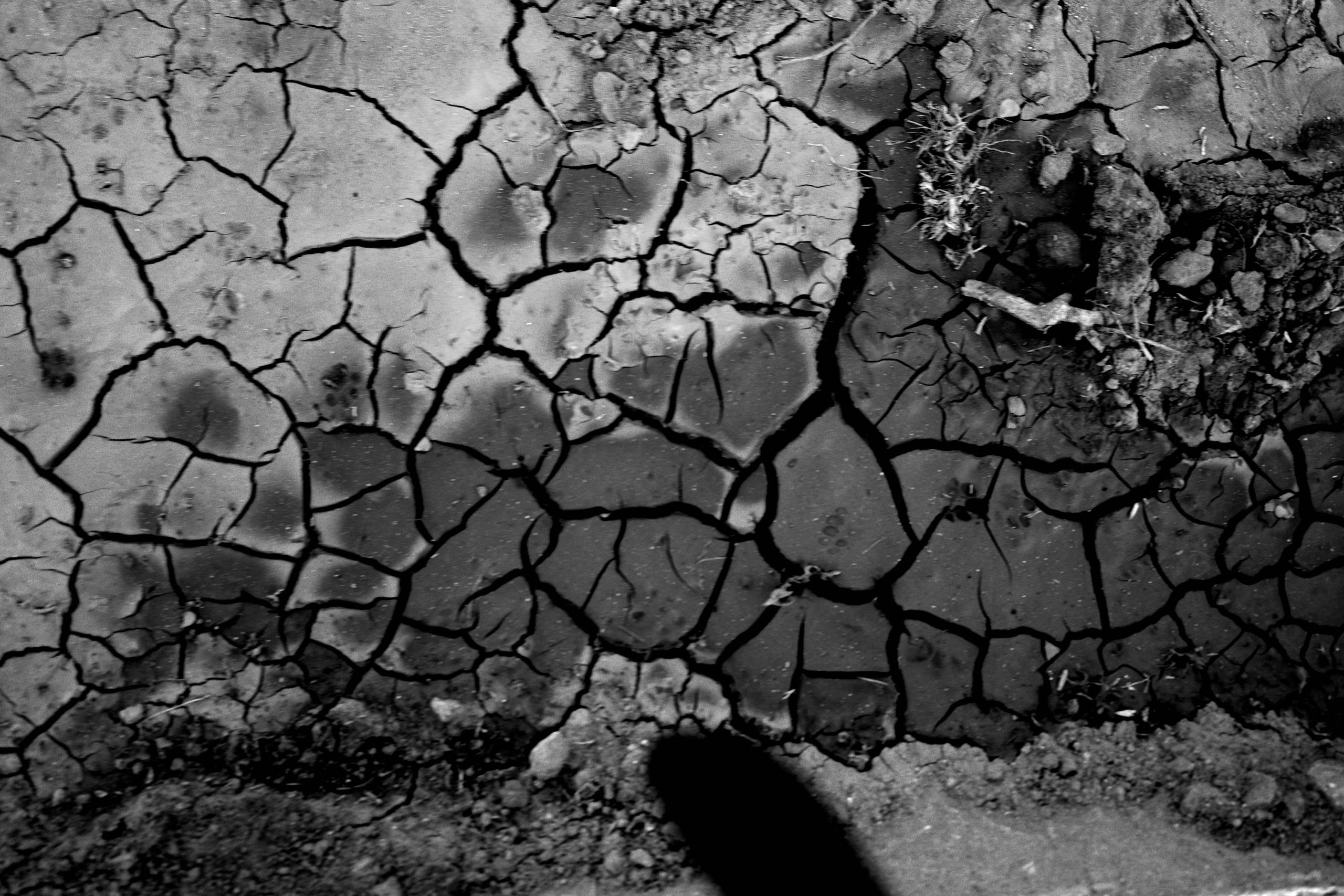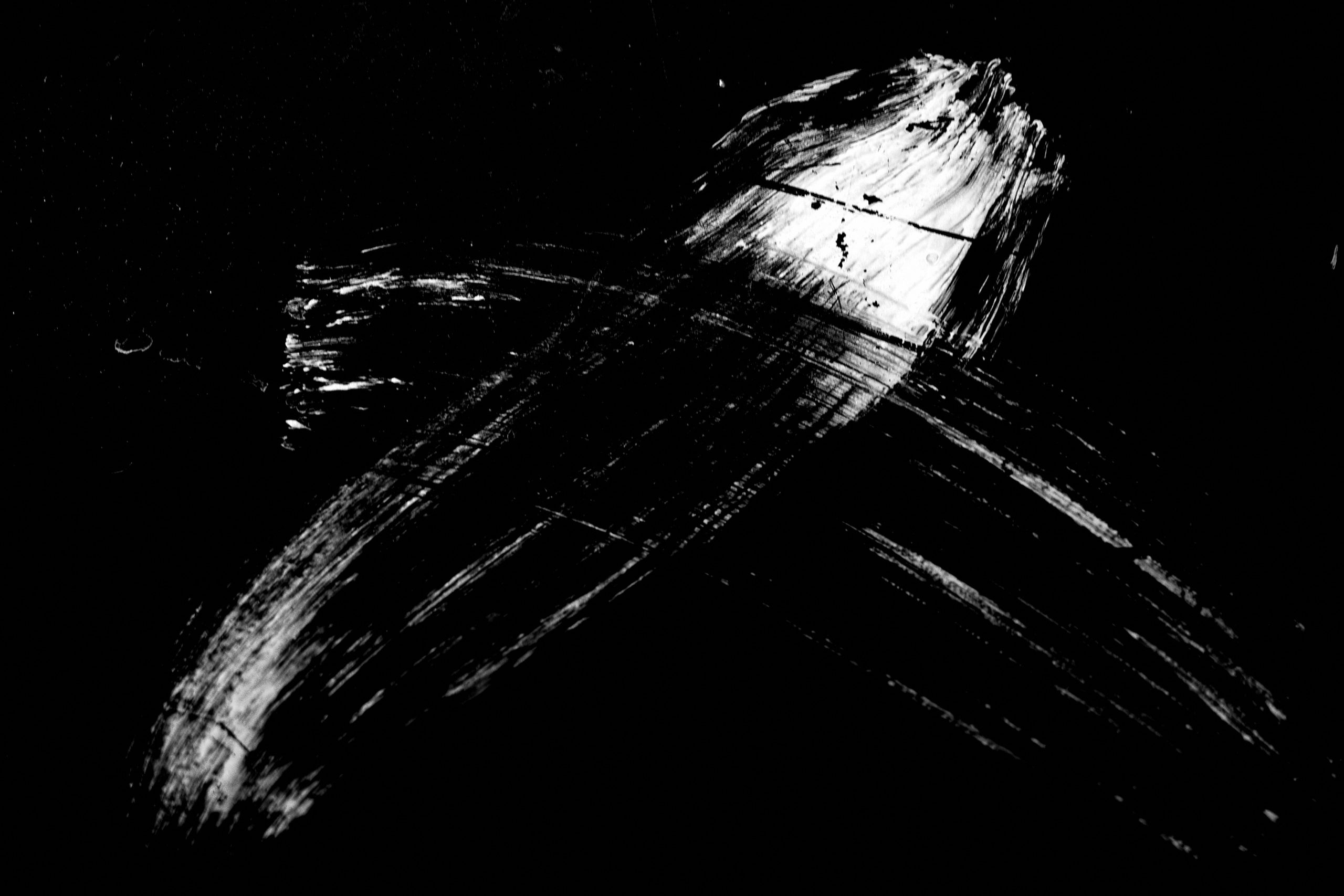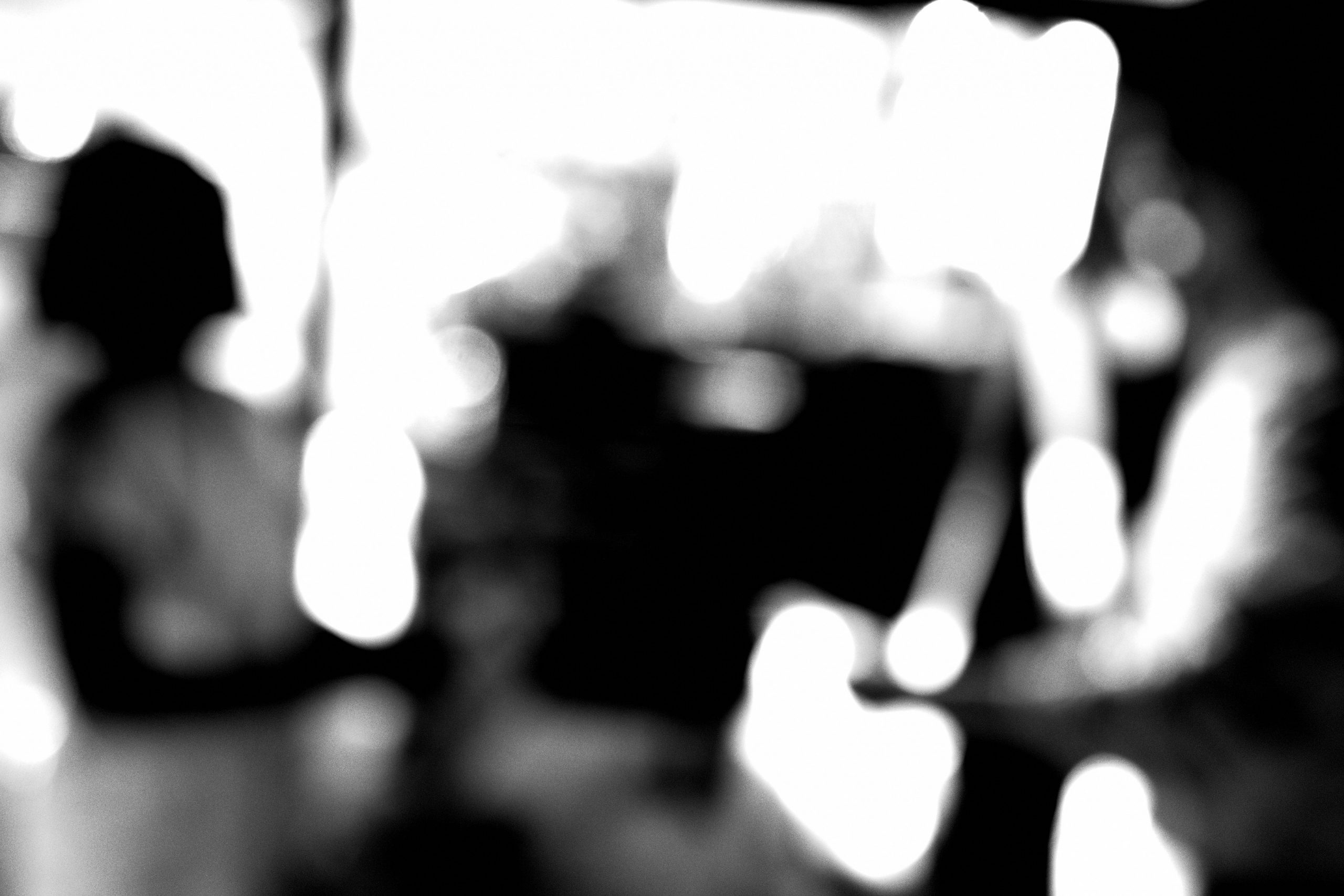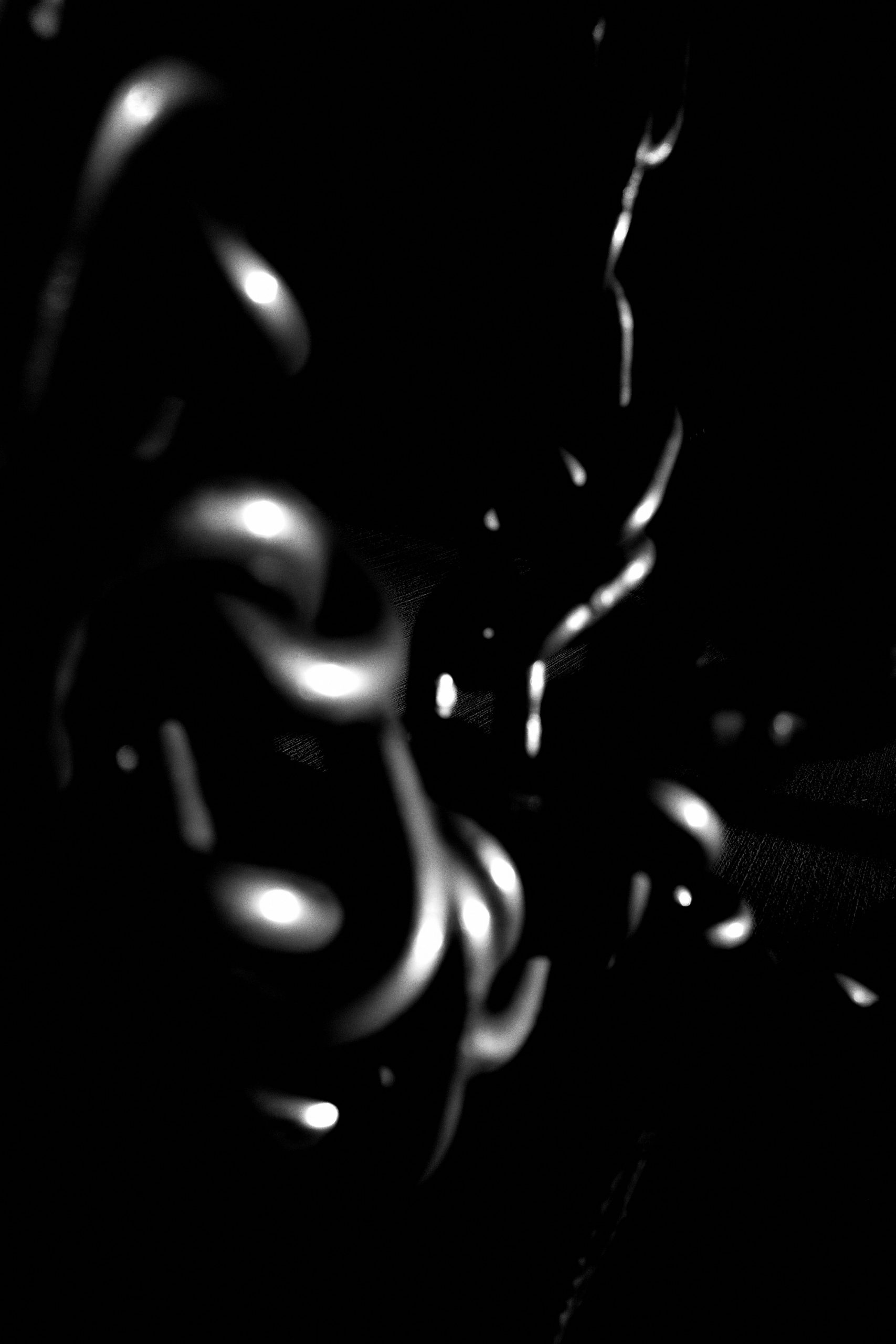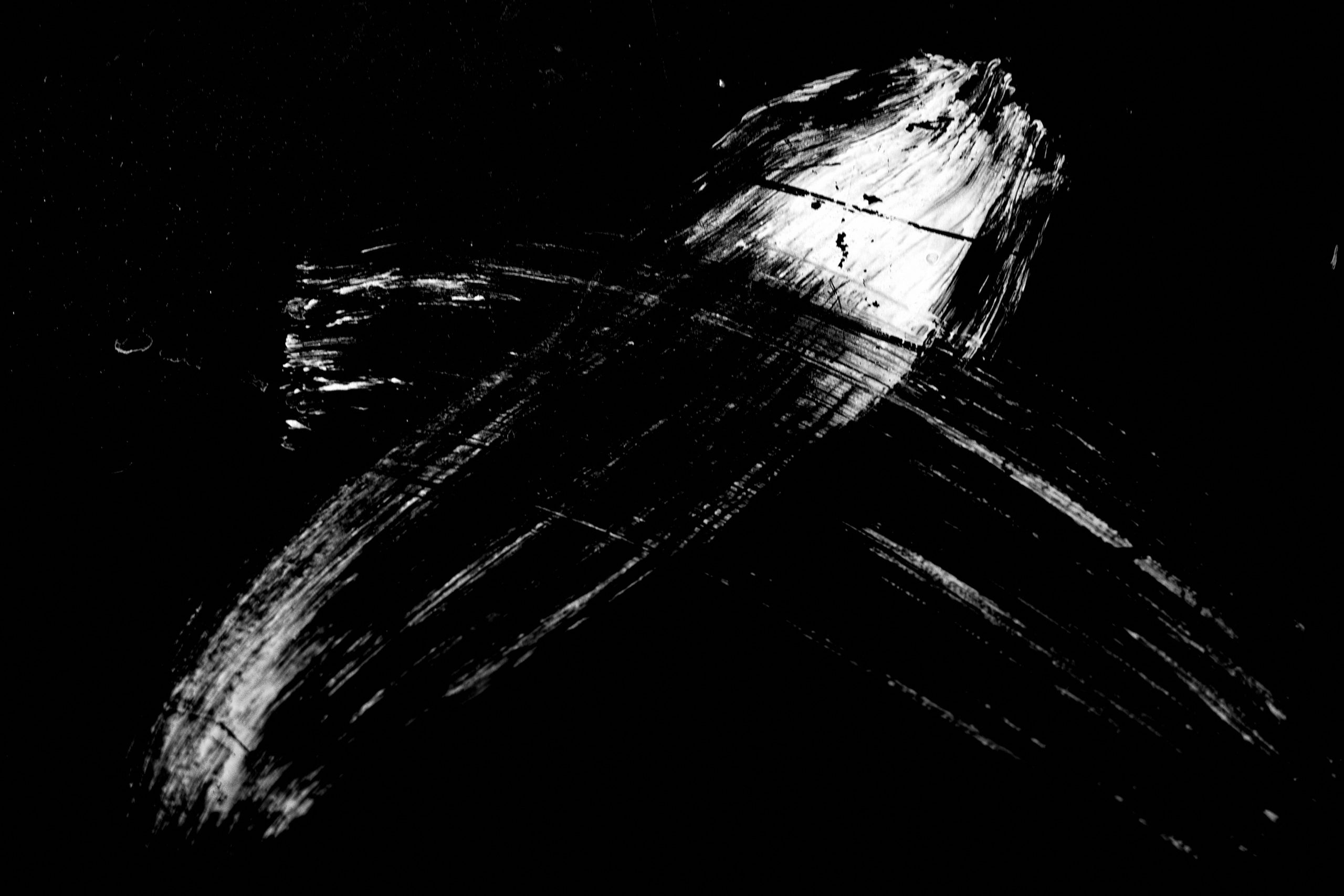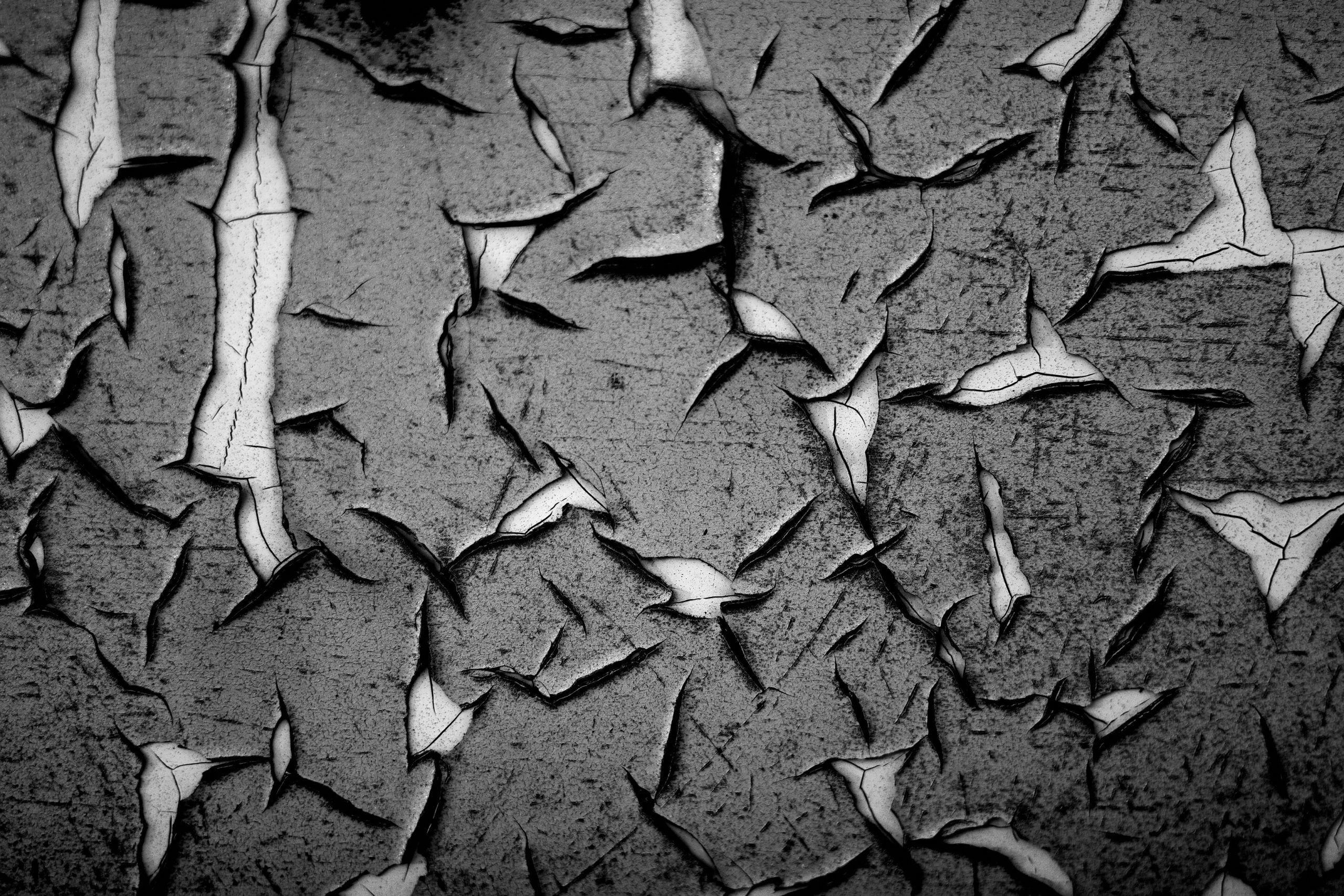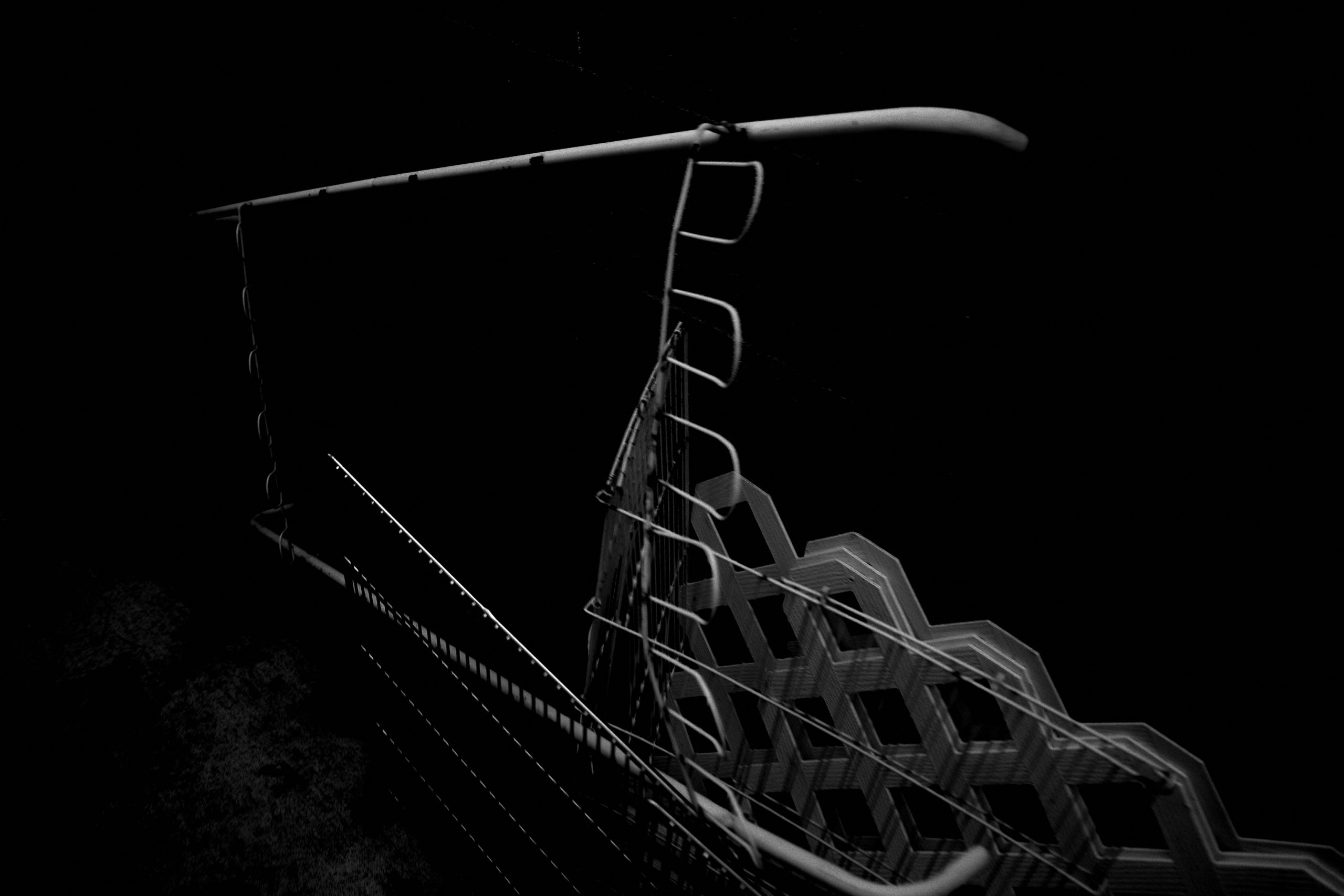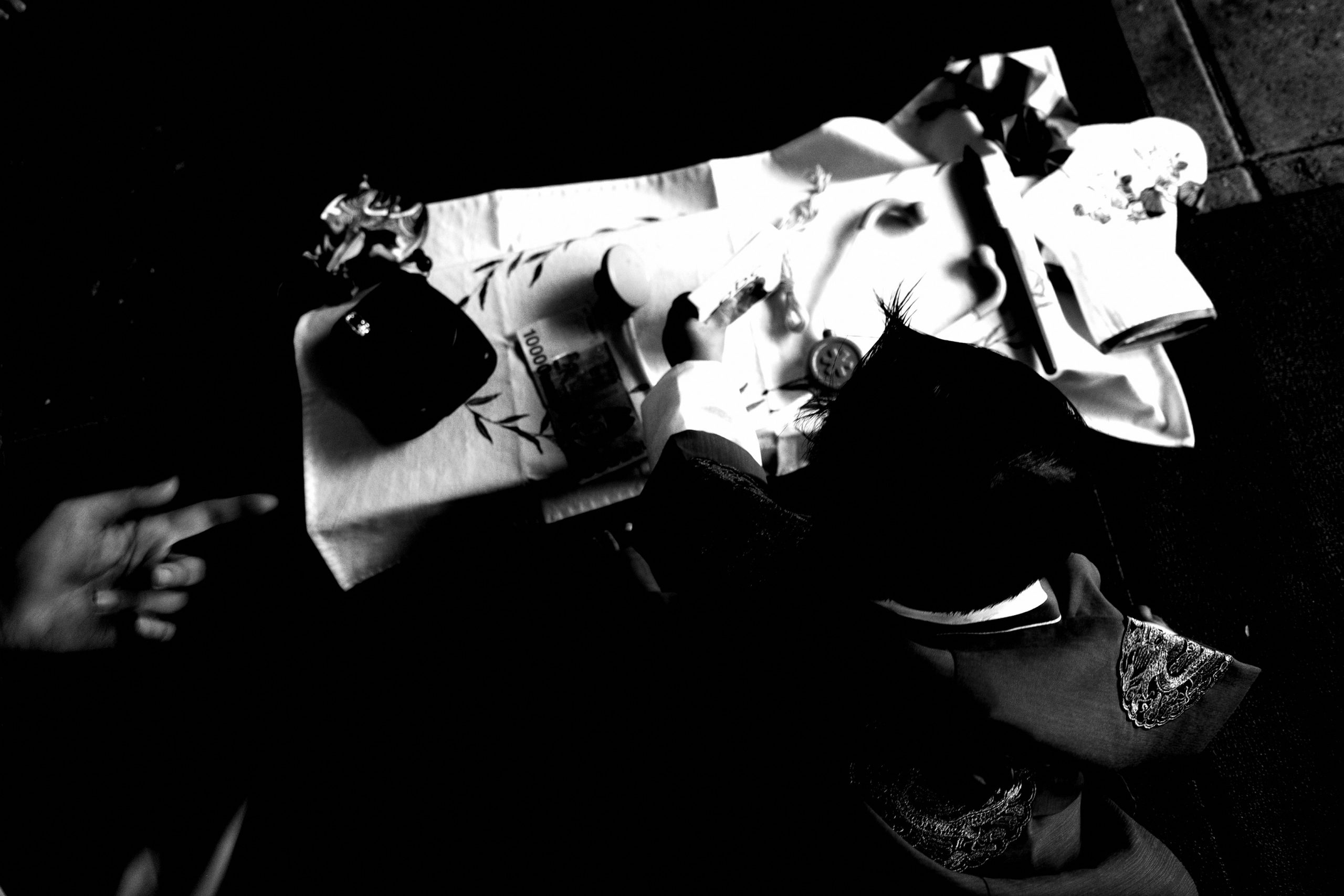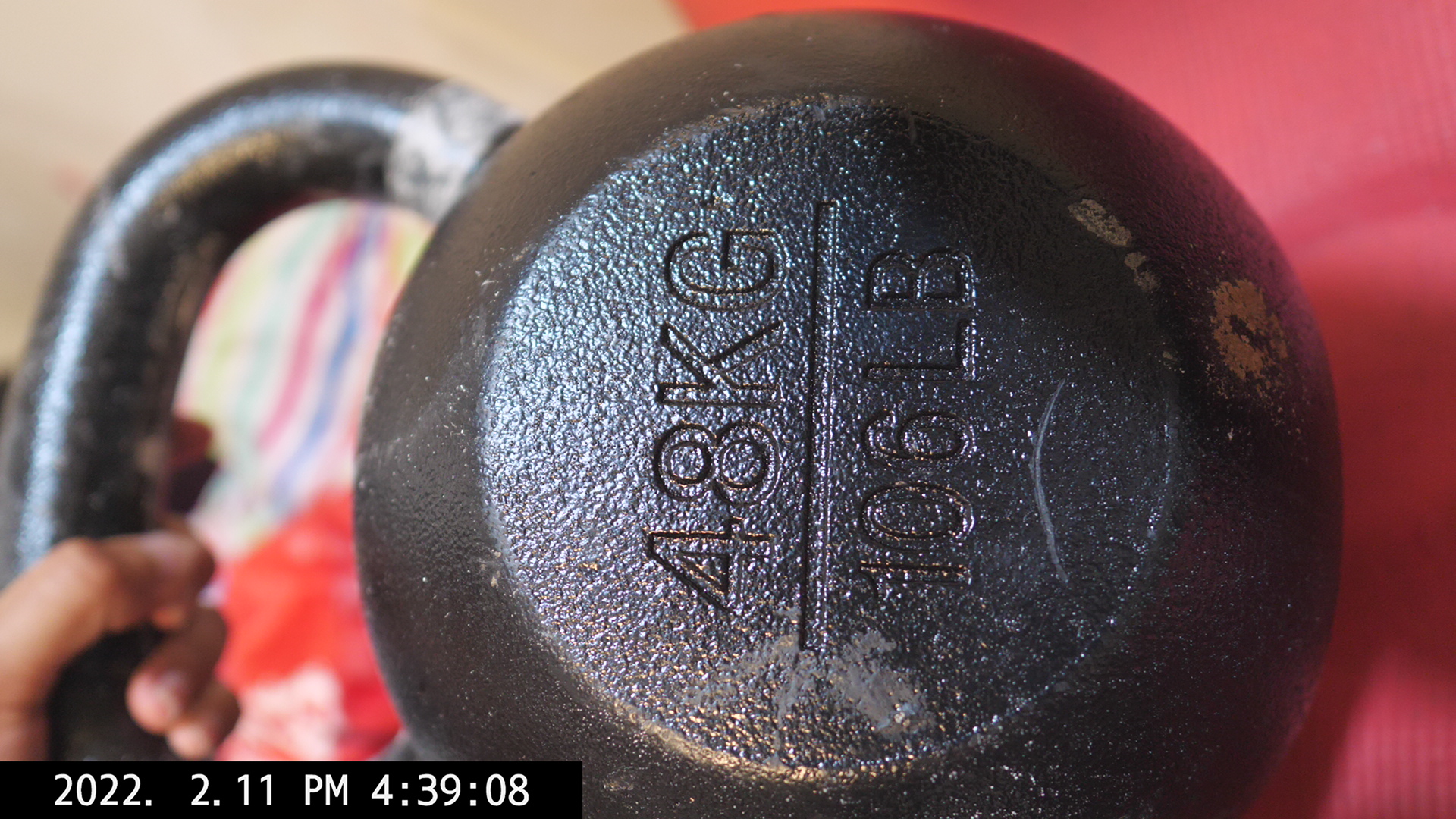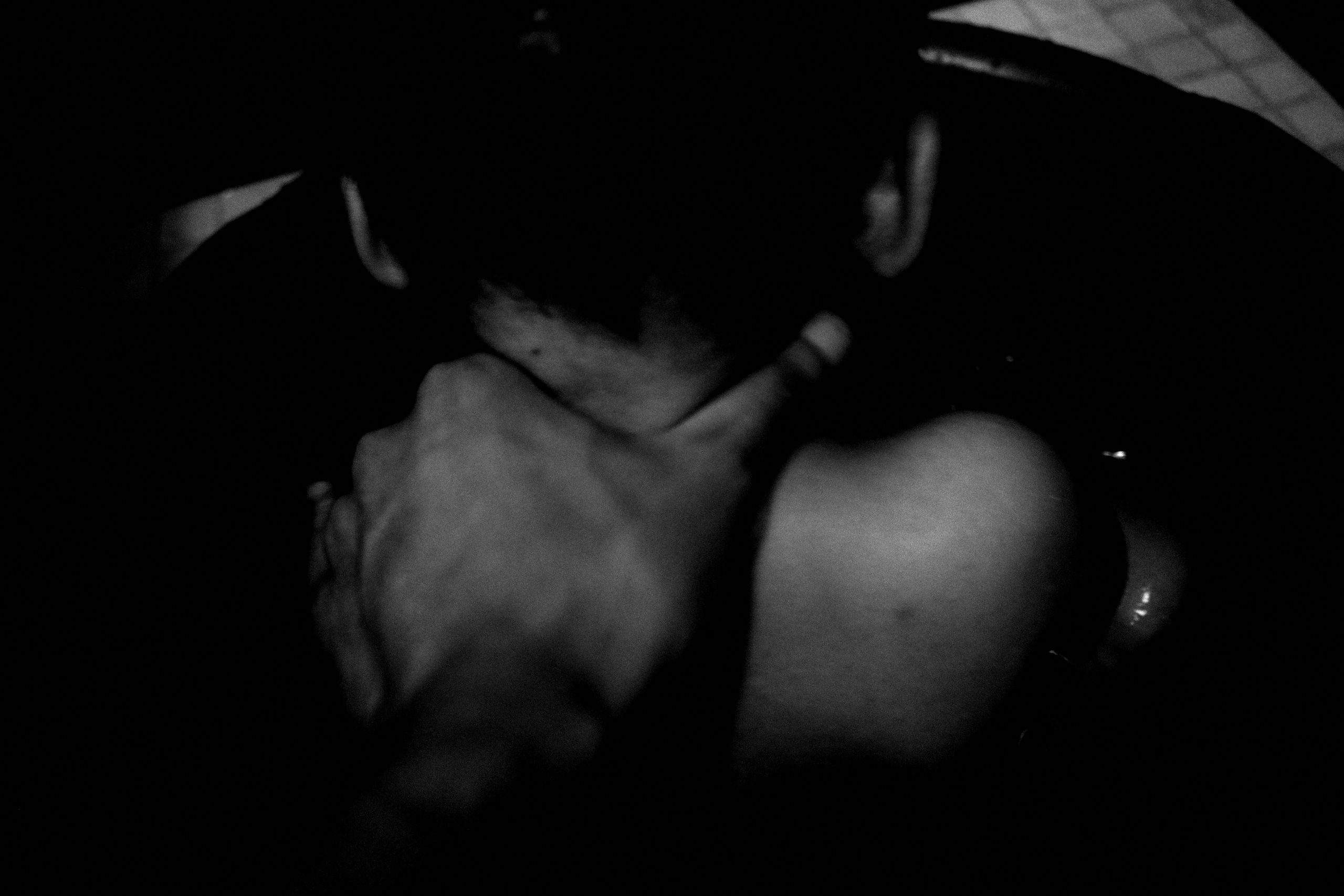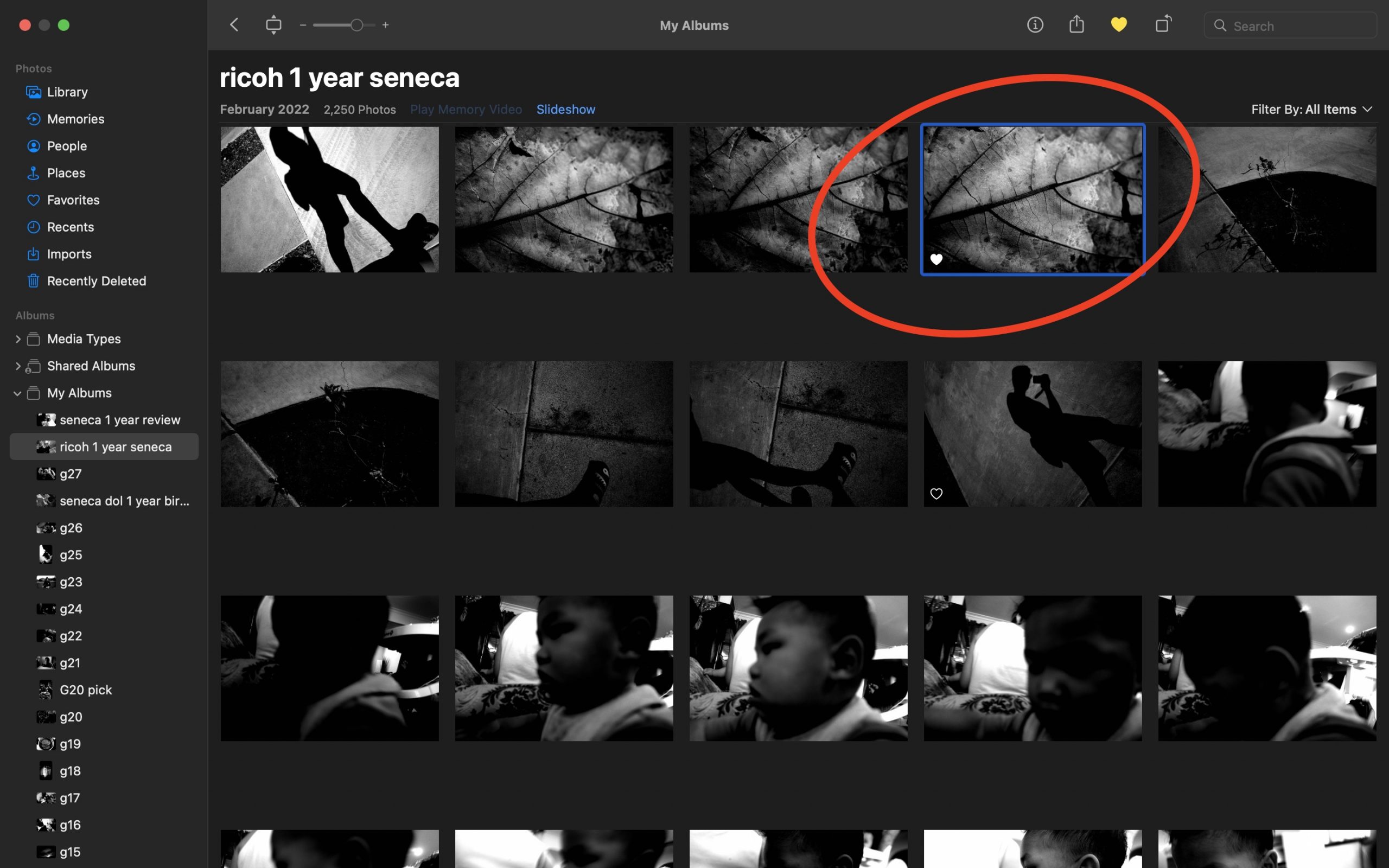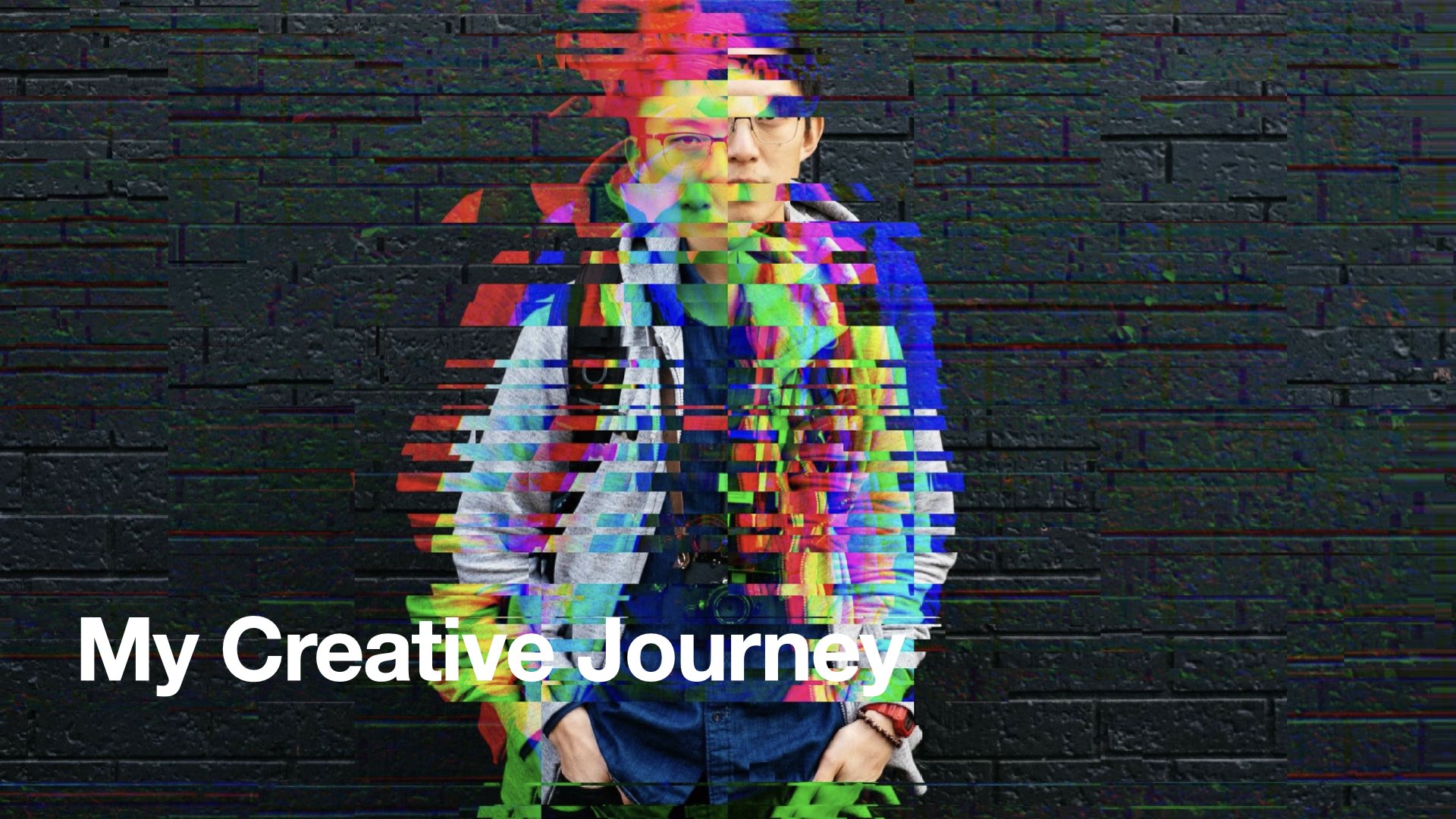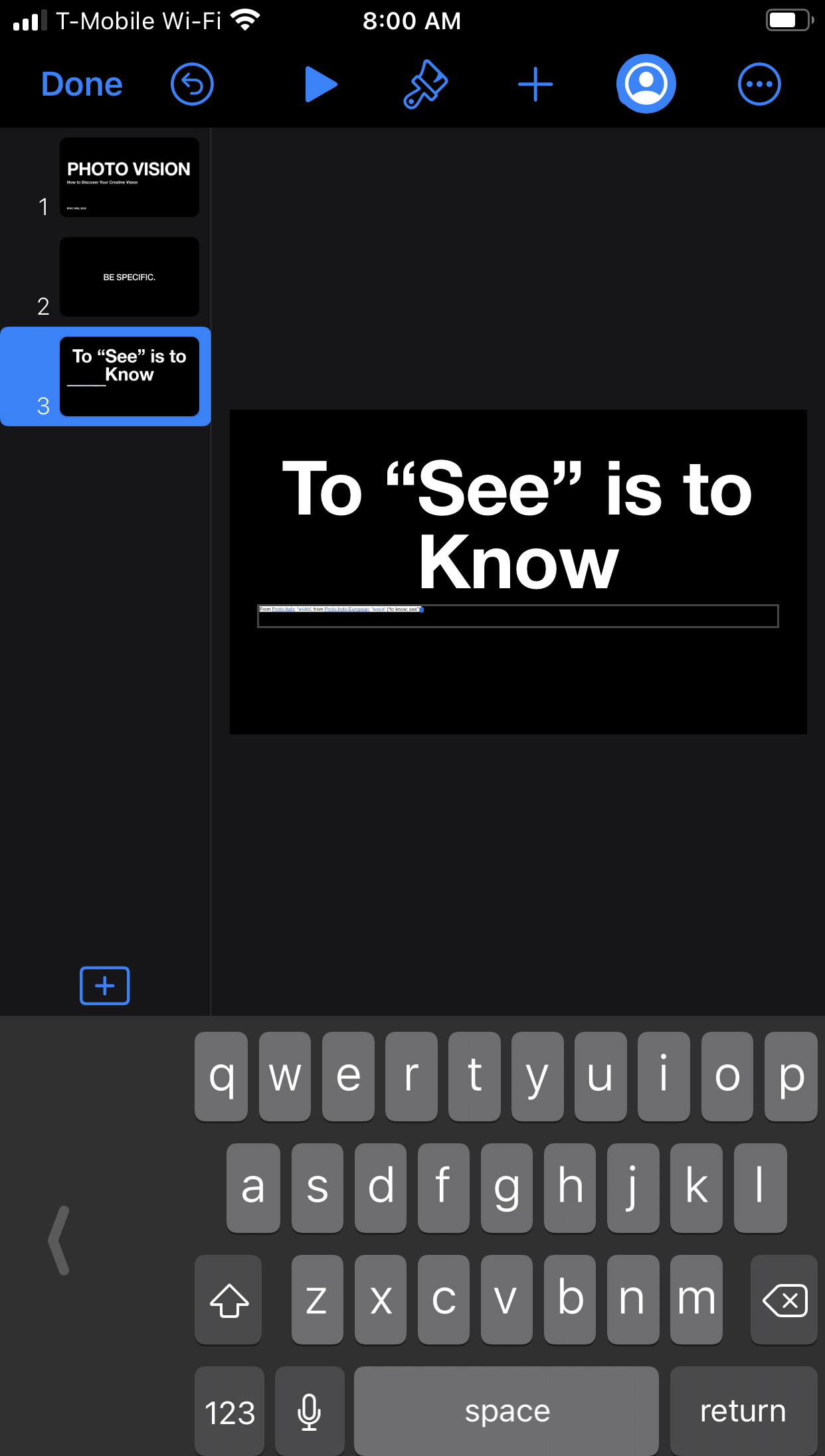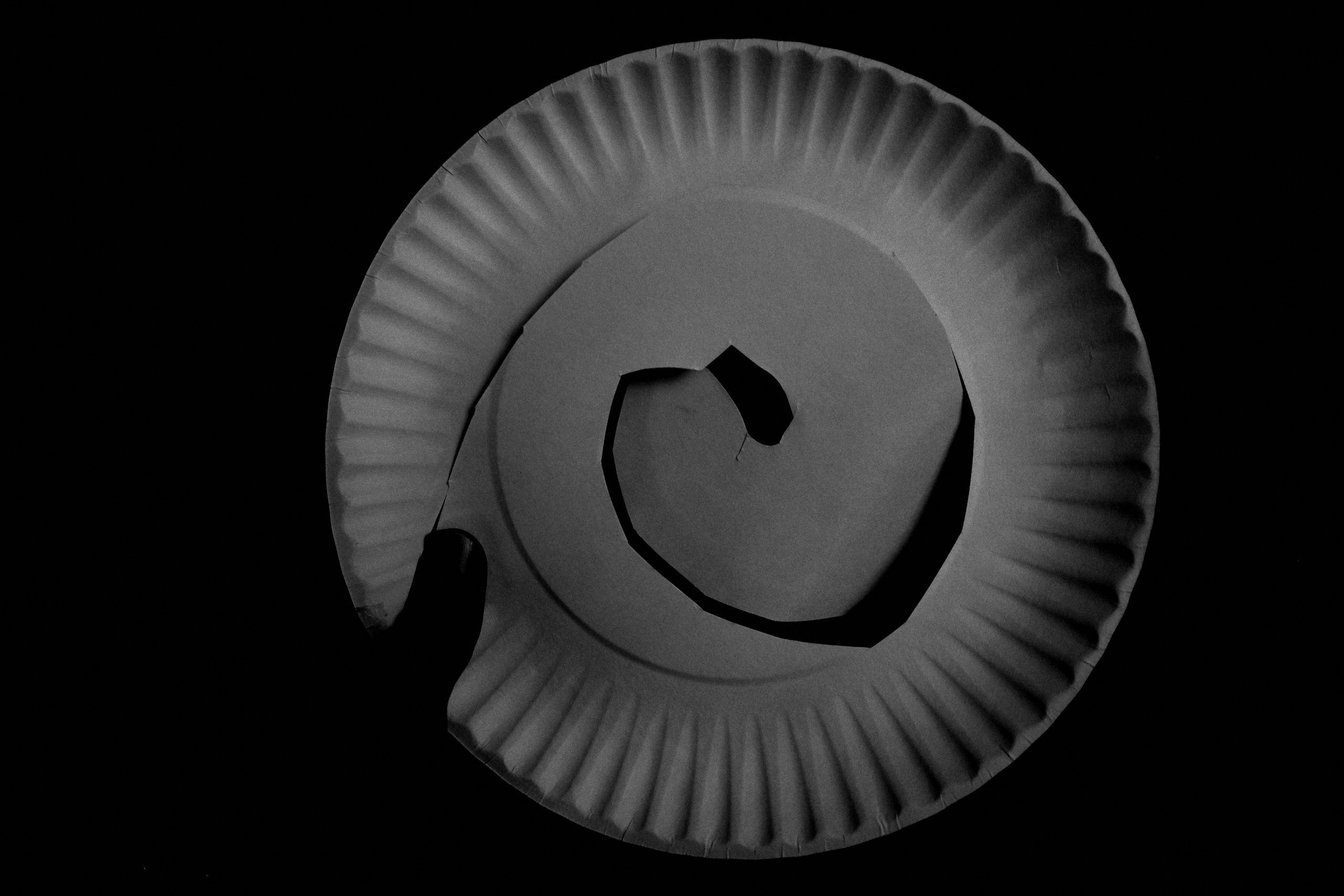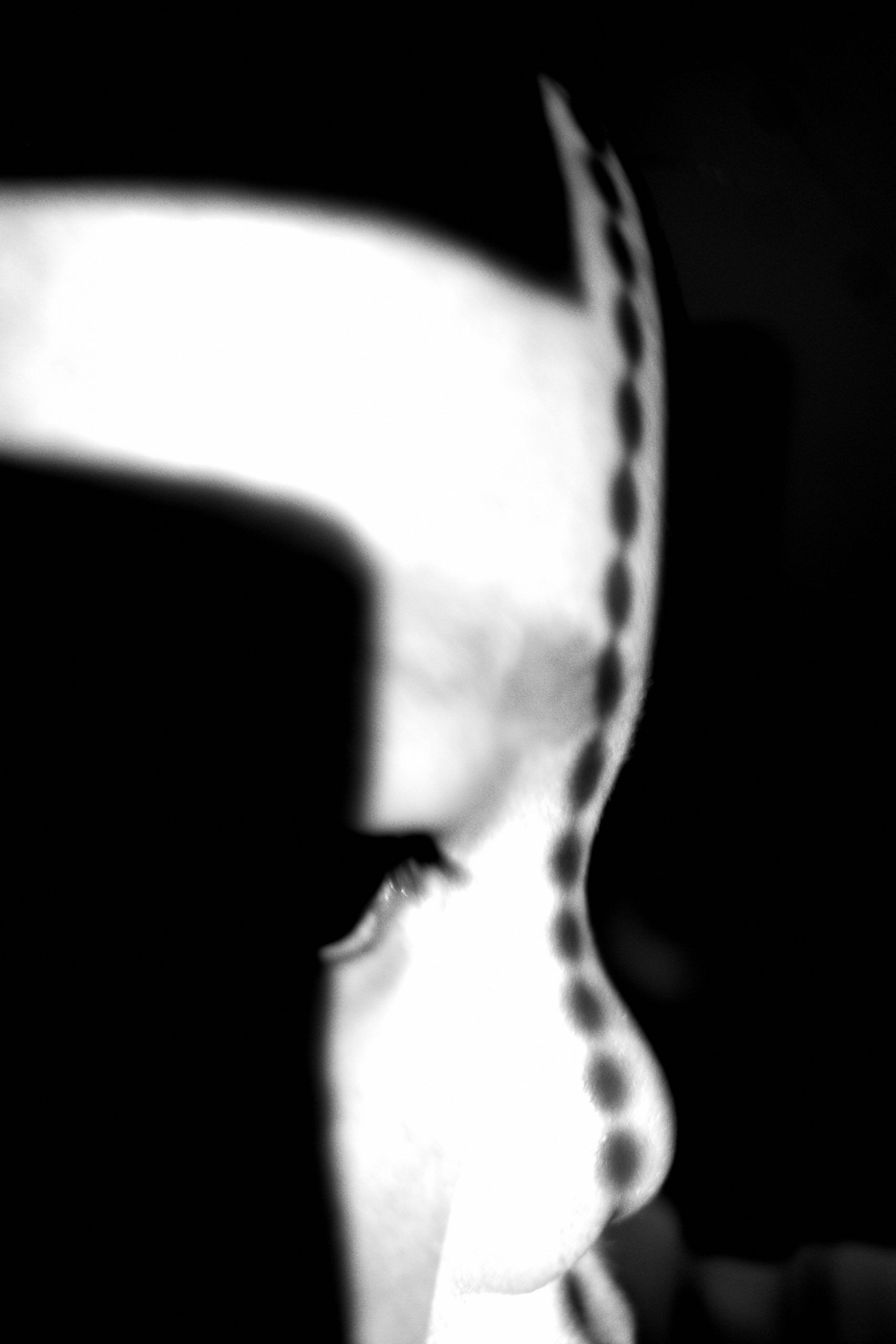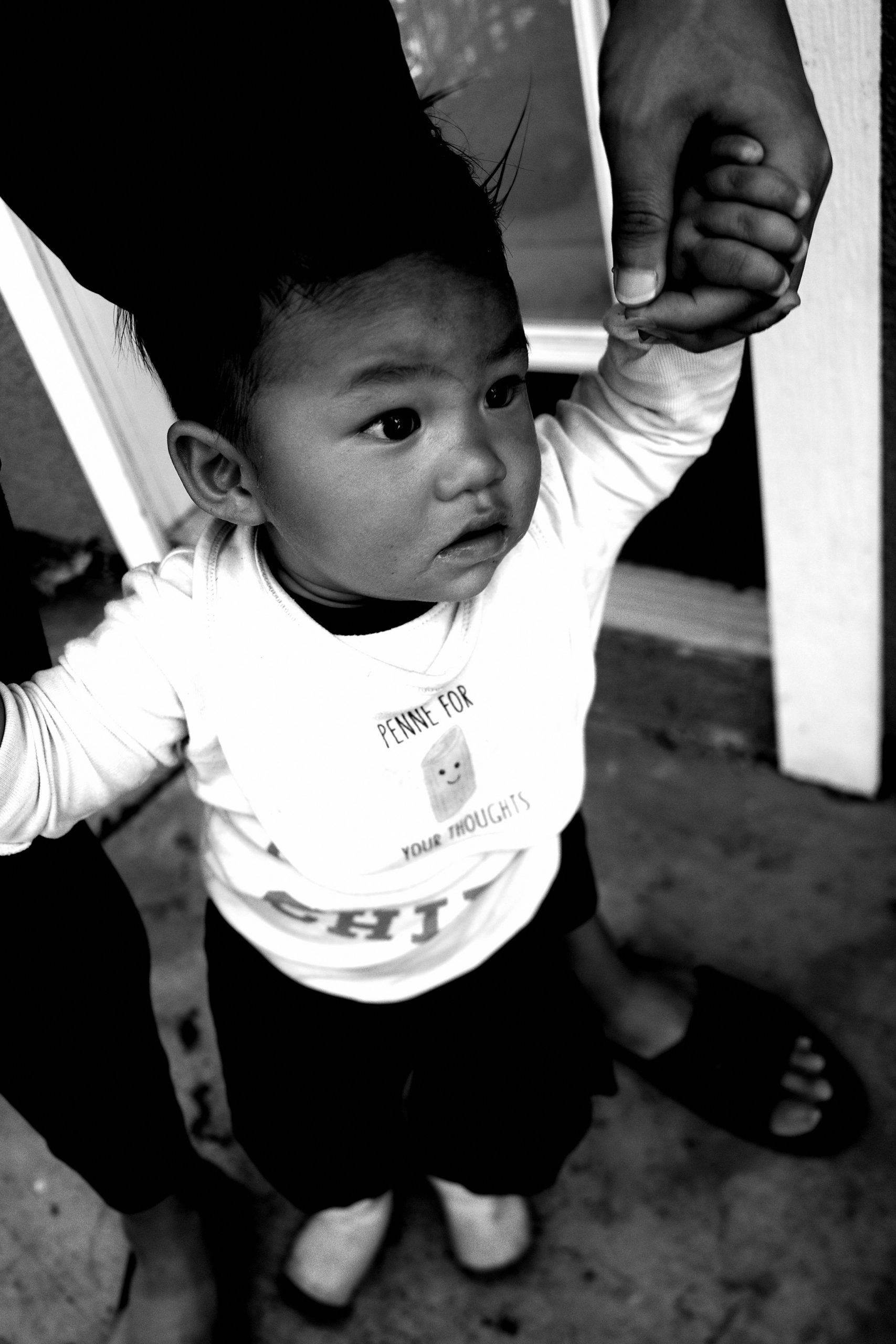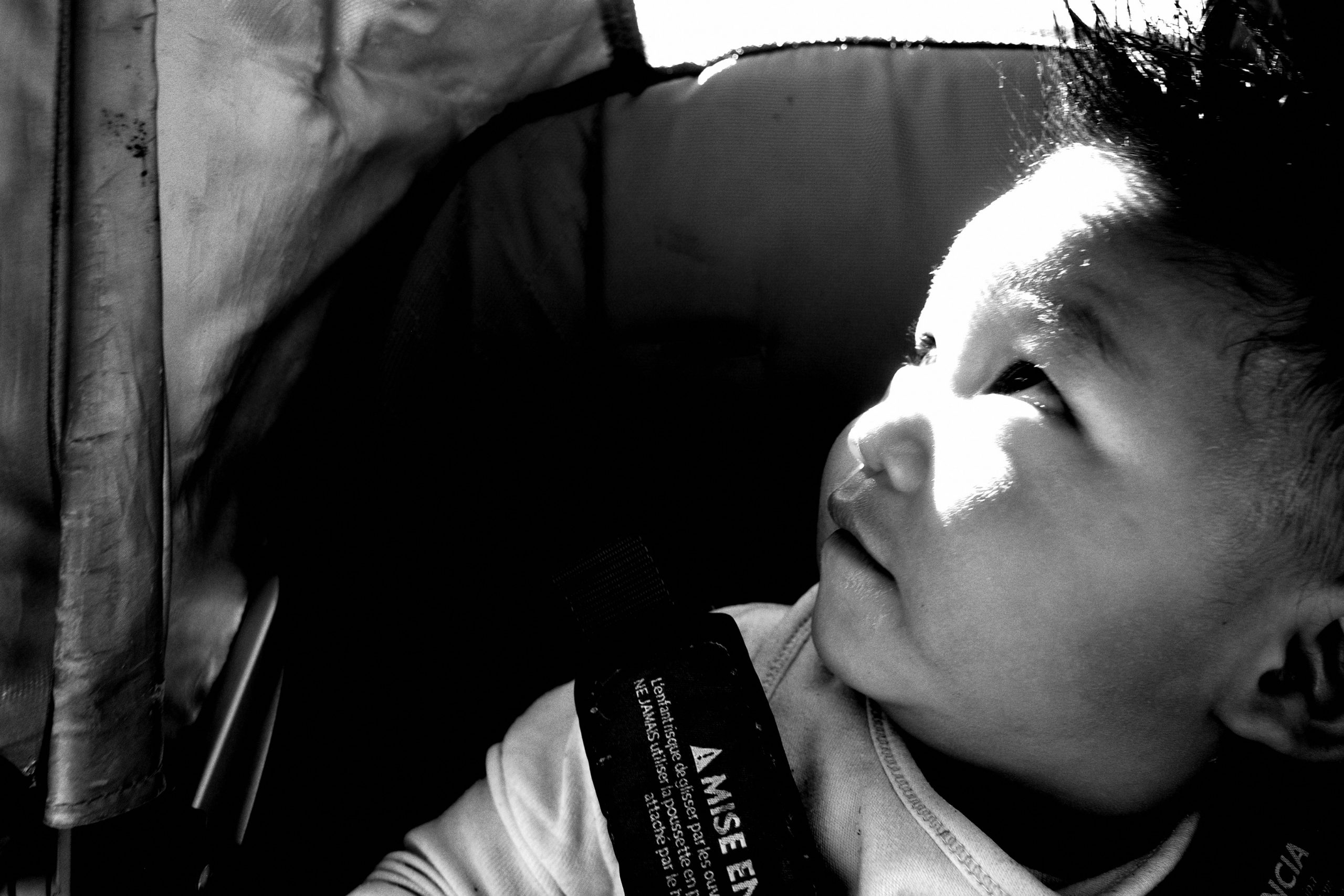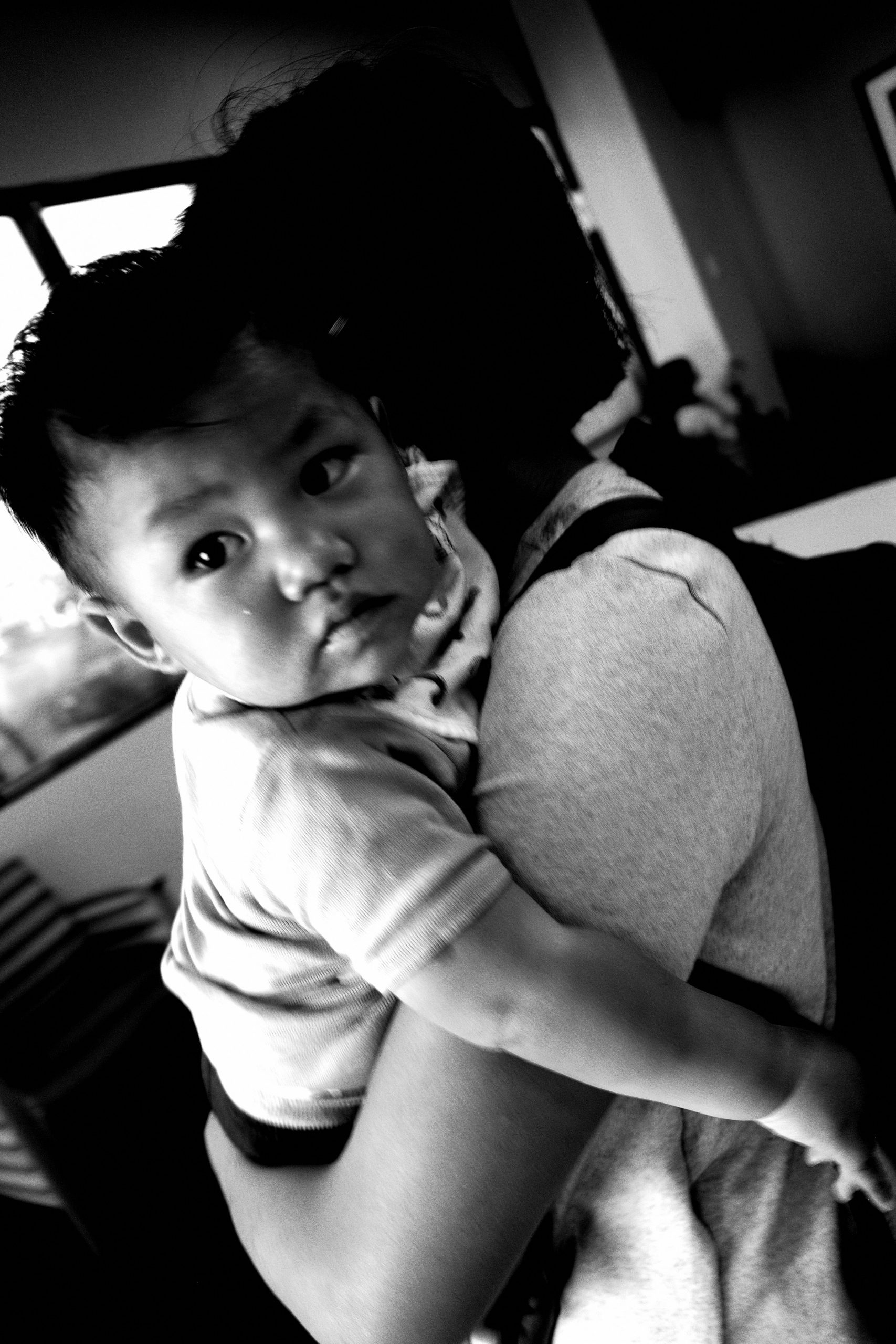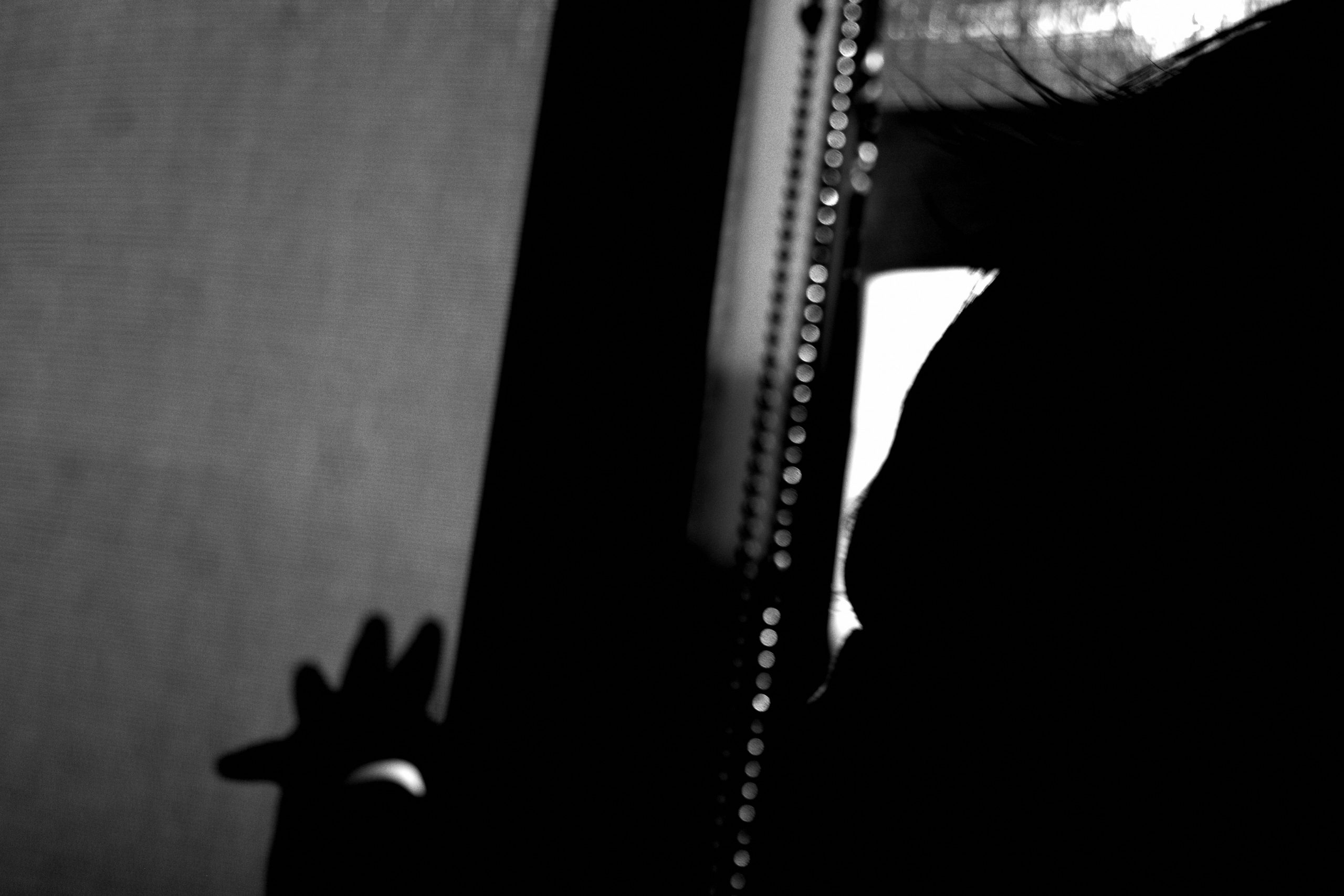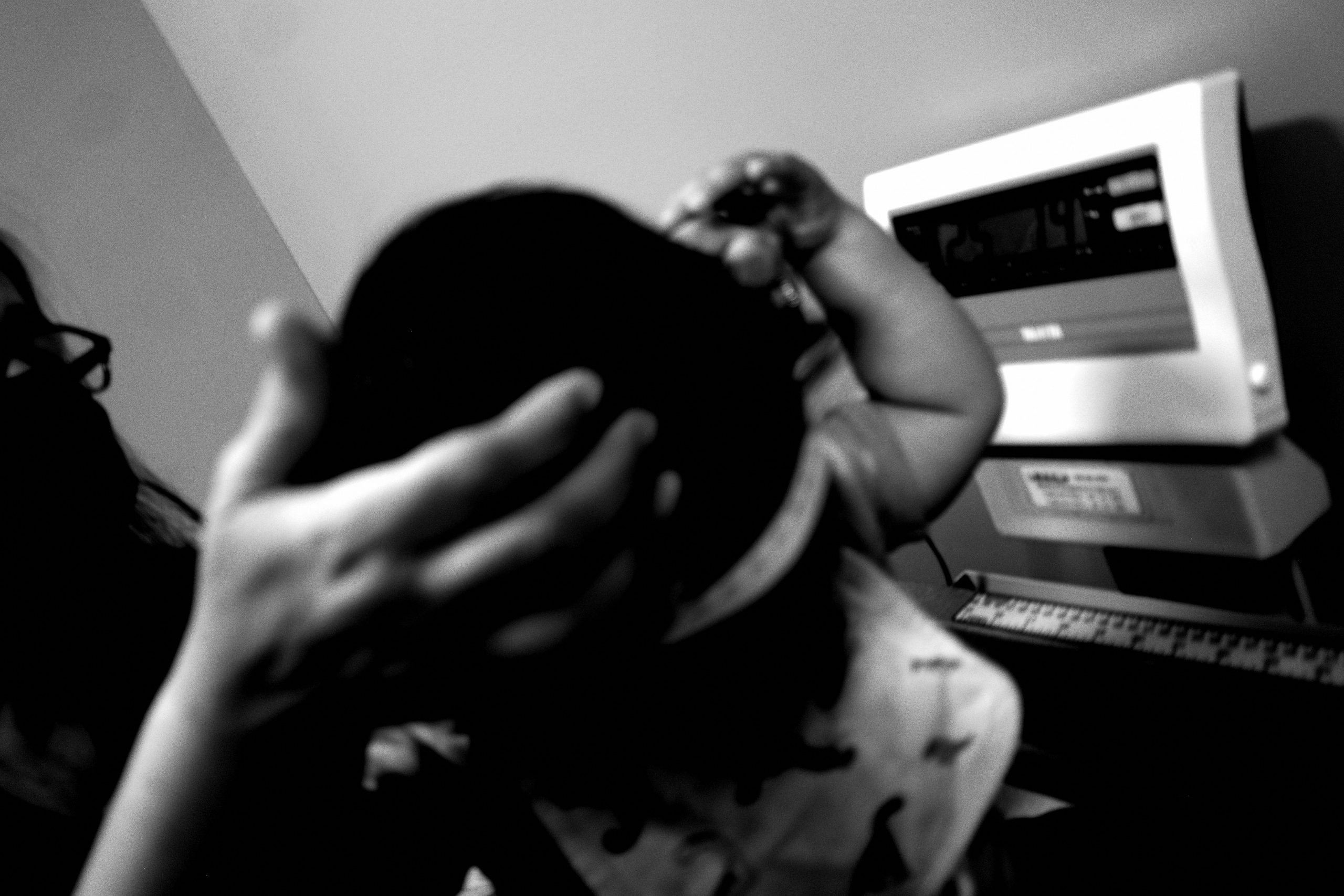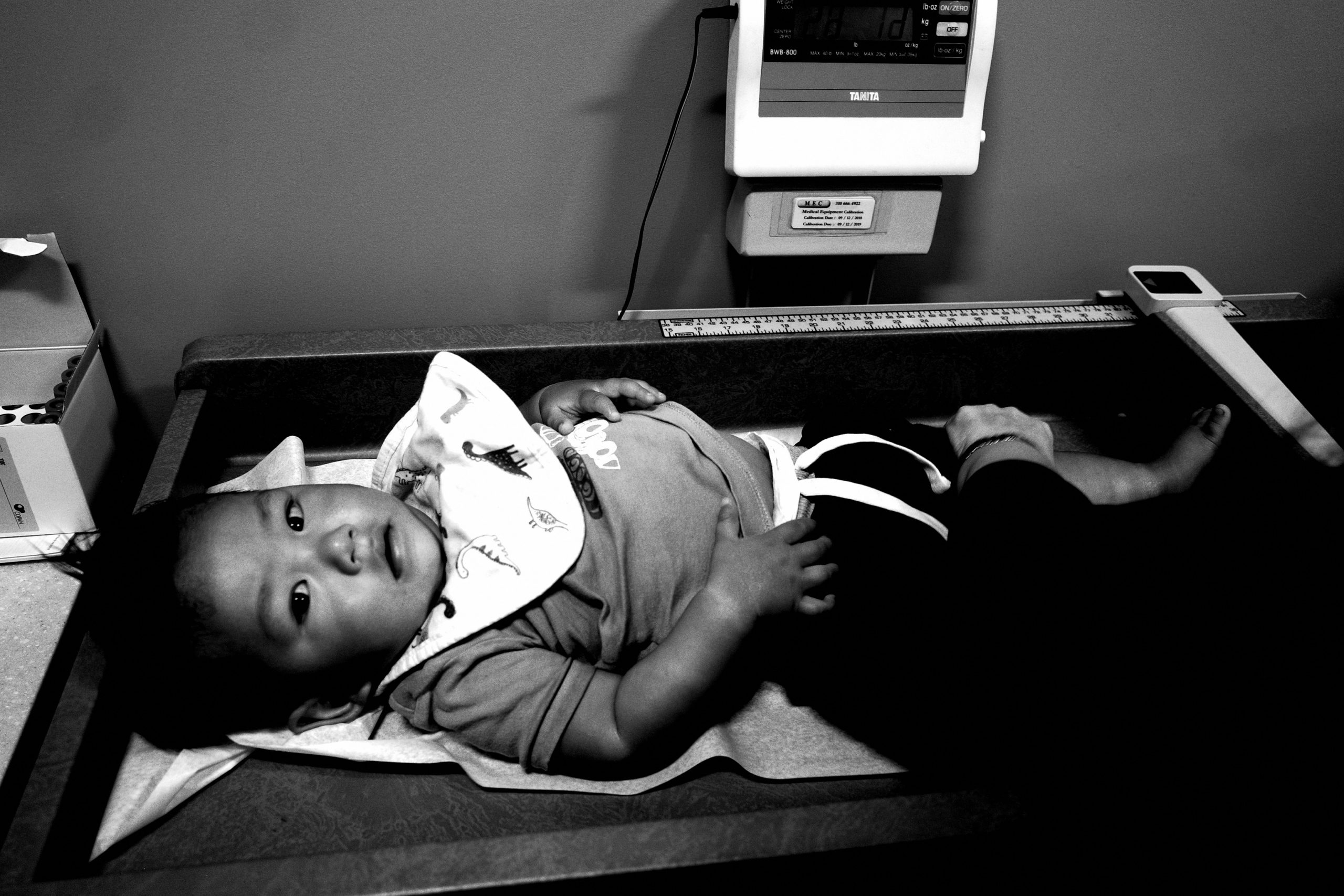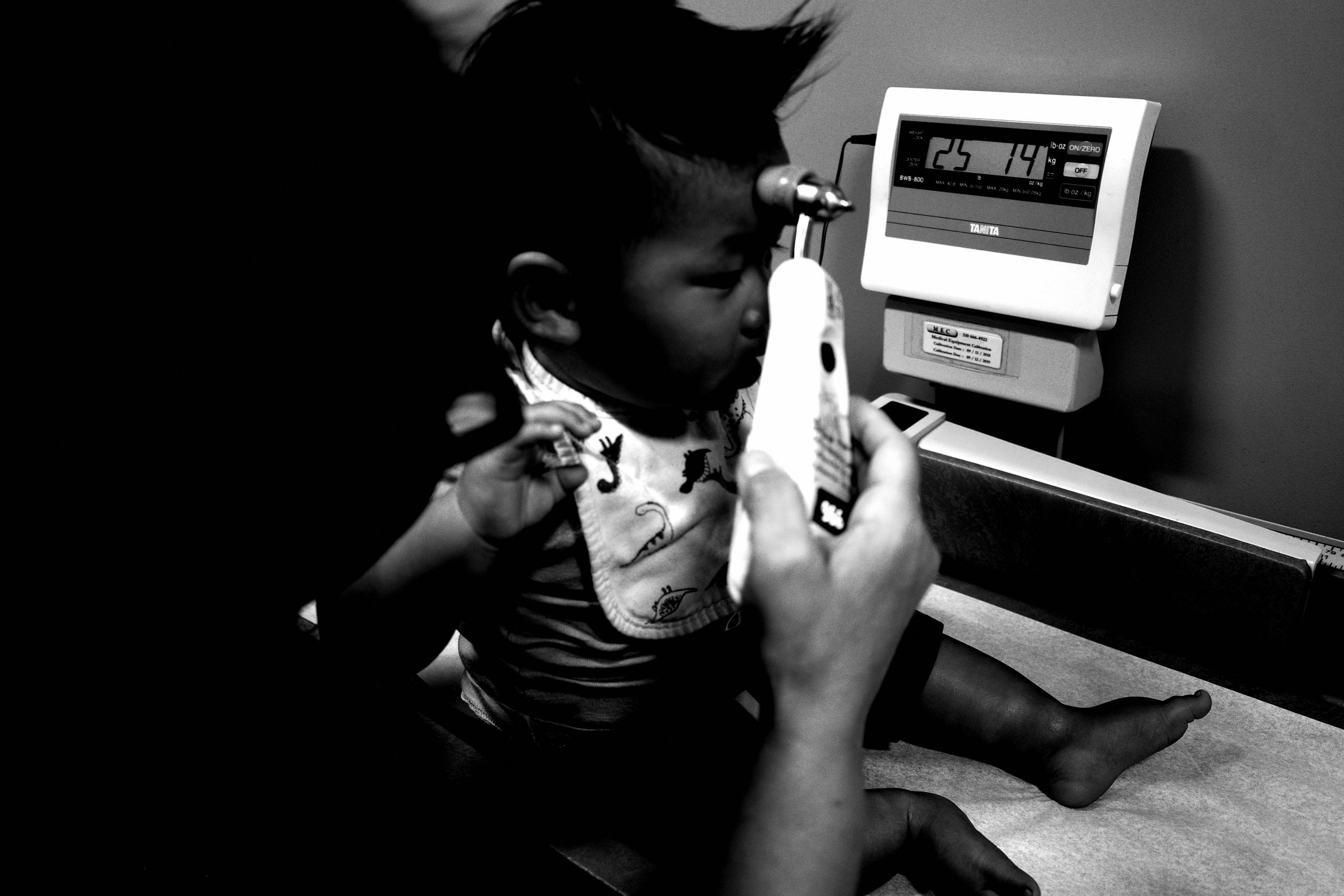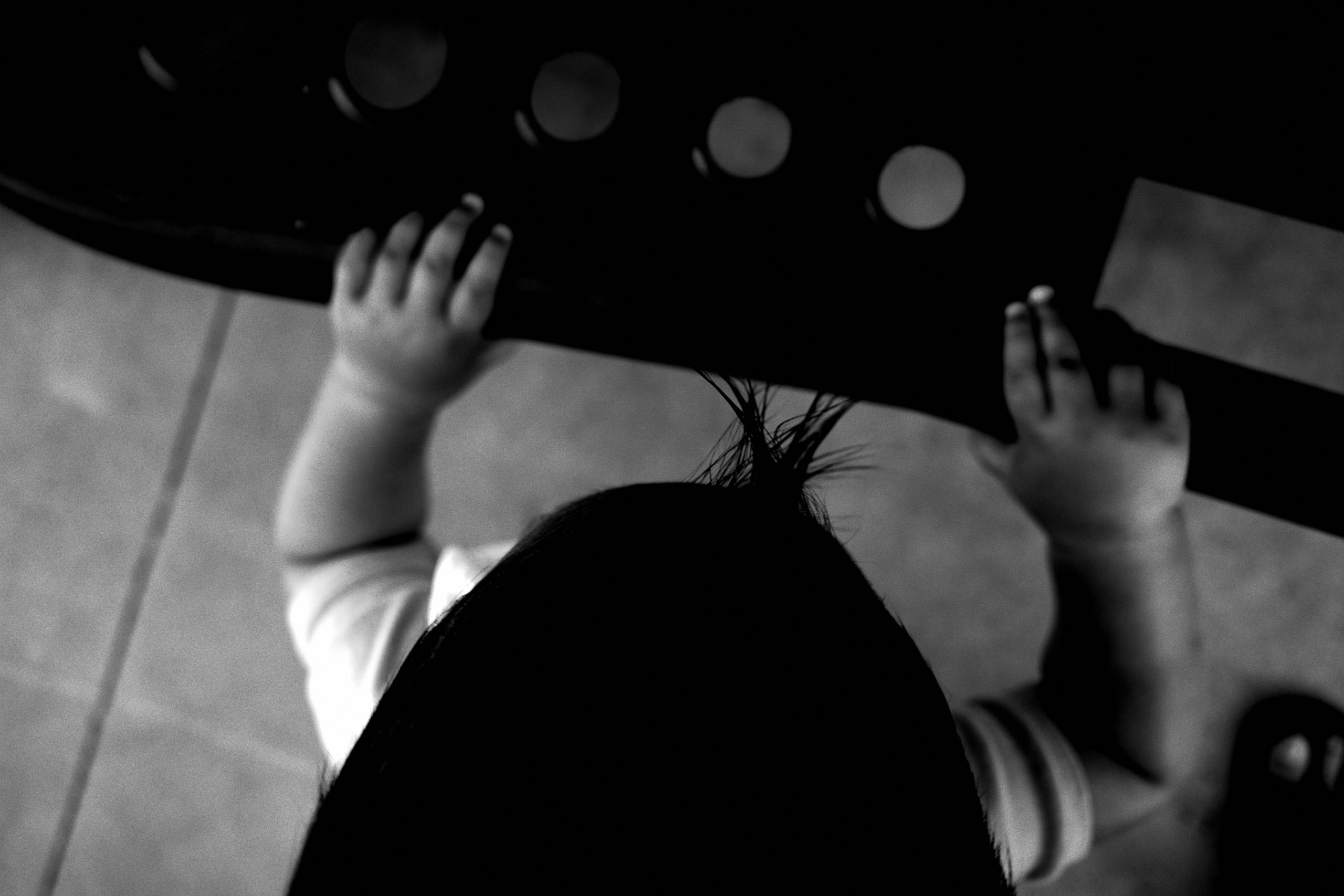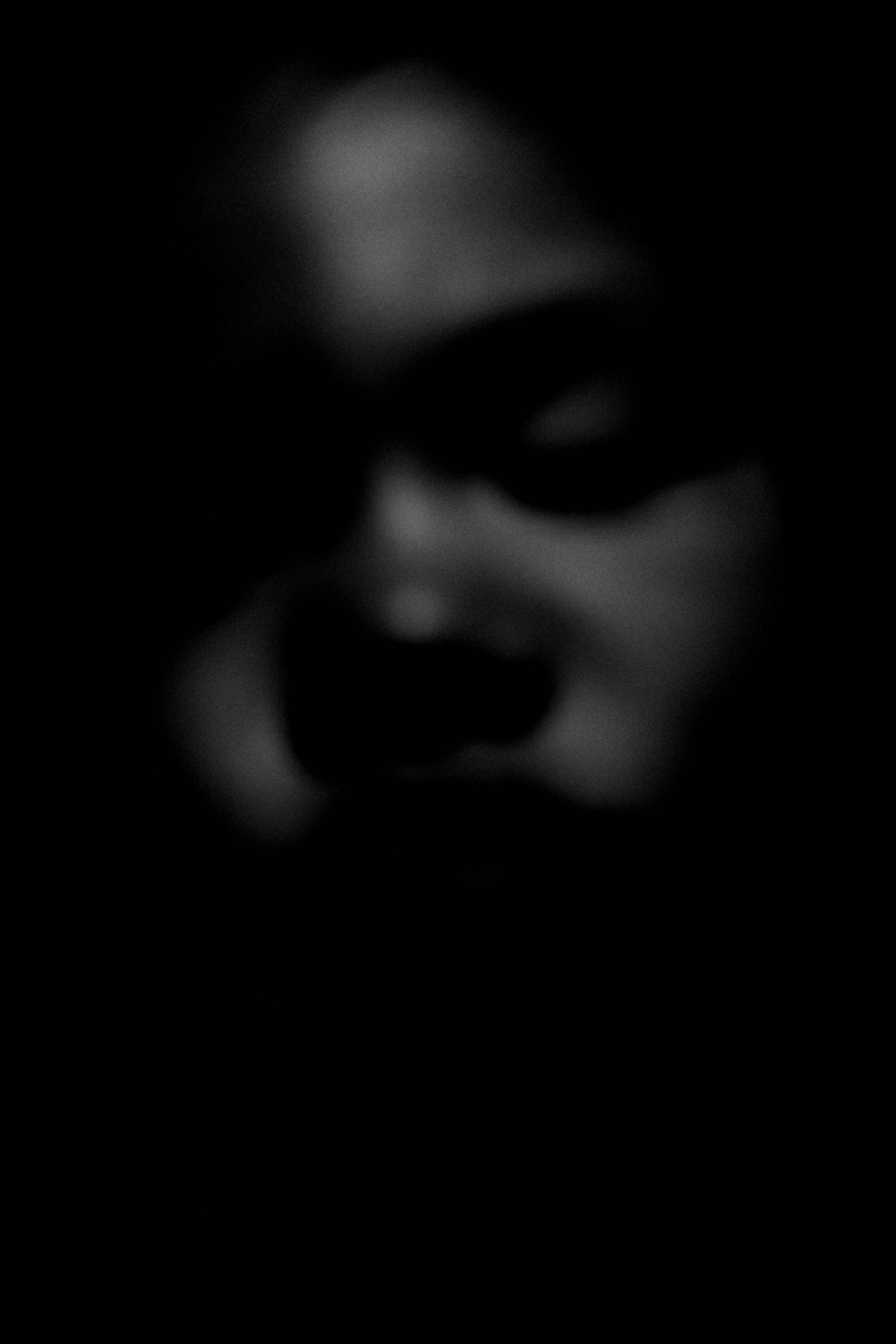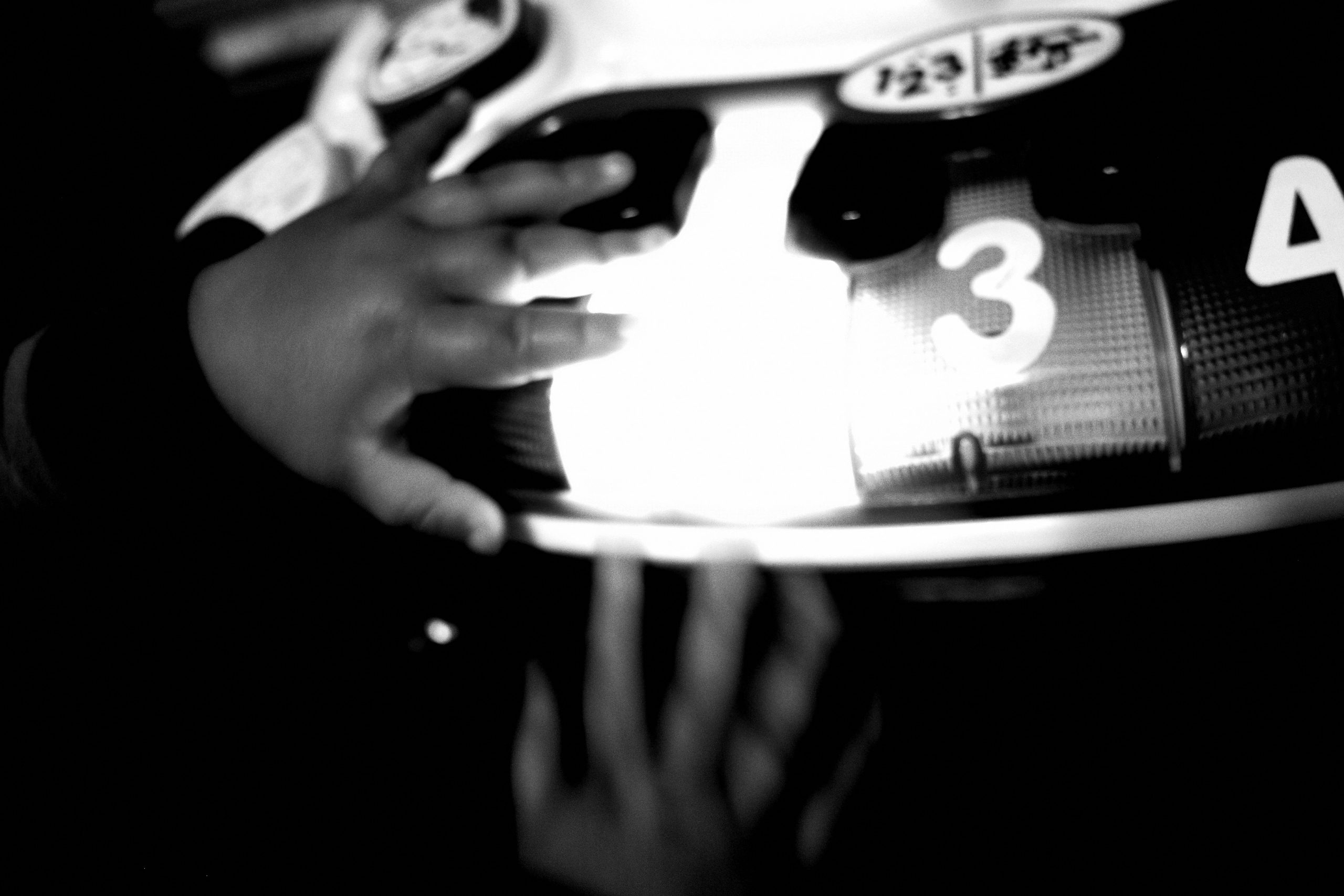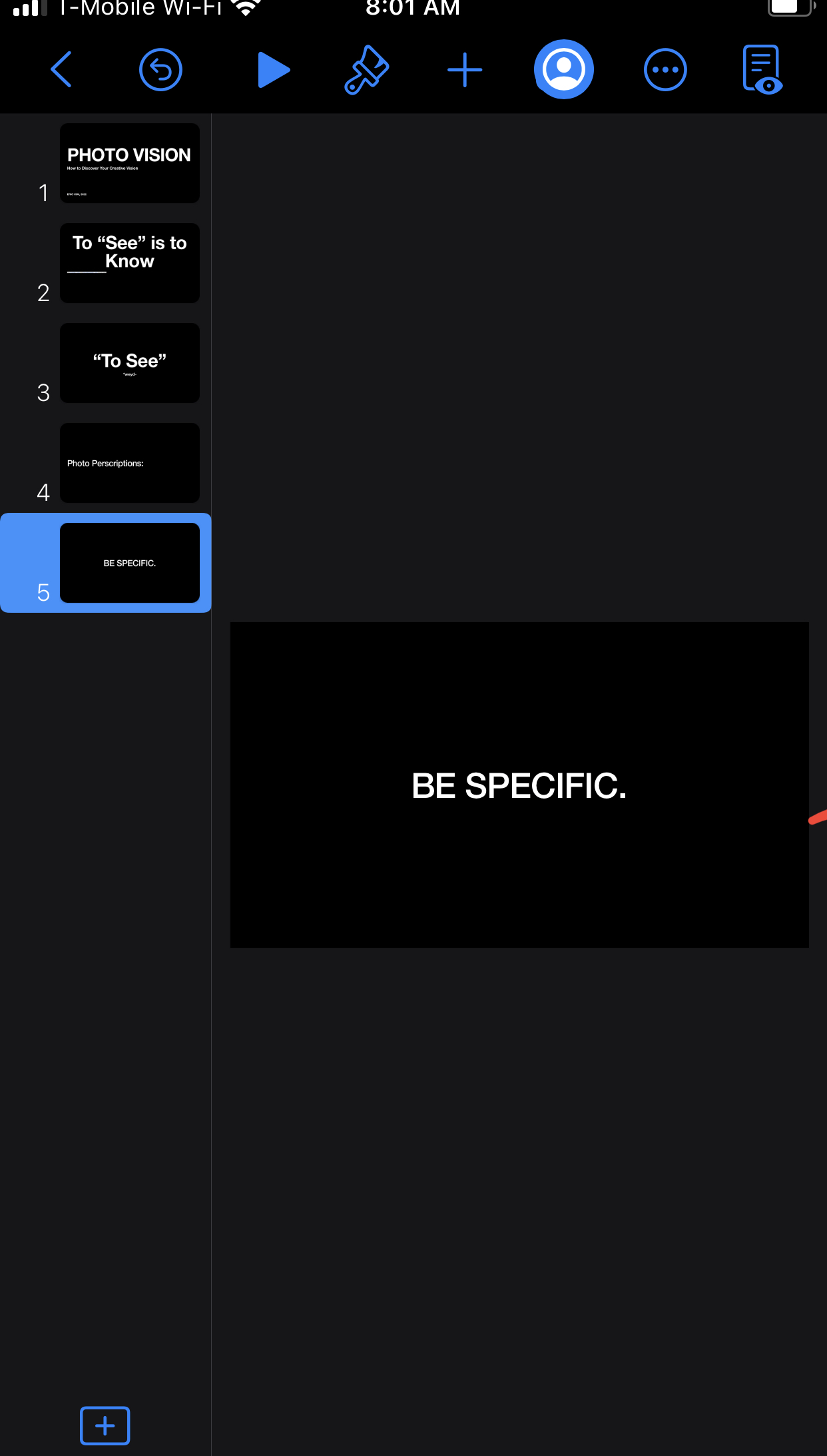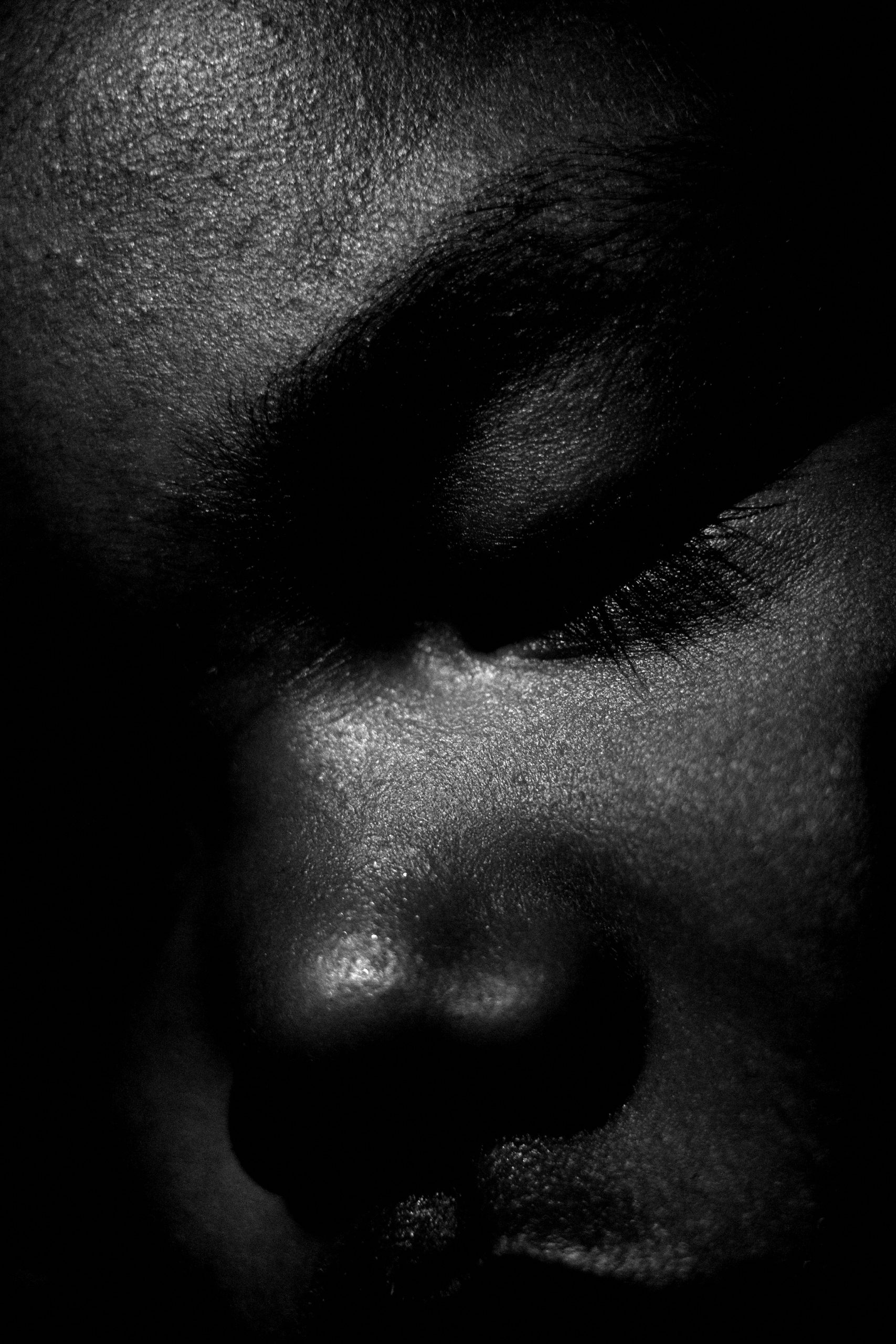When I meet uber-successful people, after all their success, riches, etc … what is it they all strive towards or ultimately do and become?
They become philosophers, or focus on philosophy.
For example one of my friends at the gym, who is a crypto-whale (apparently is paying $10M in taxes this year alone), after he reached ‘financial independence’, is just focusing on working out and philosophy.
Paul Graham (founder of Y Combinator), essentially is a tech-philosopher.
Nassim Taleb after financial independence, focuses just on writing and philosophy.
Even my sisters’ boyfriends’ uber-successful father (he went all-in on Tesla), just focuses on philosophy.
Therefore, if we think about the end and work our way backwards, it is not riches success and fame which is the apex position, it is philosophy.
How does one ‘become’ a philosopher?
Funny enough back in the day, you were not allowed to call yourself ‘wise’ or a sage. Thus the ‘humble brag’ was to call yourself a philosopher — a lover of wisdom (philo = love, sophia = wisdom). Therefore to be a philosopher was to simply say:
I am not yet wise, but I strive to become wise.
Why wisdom?
Wisdom is funny; in some ways it is hugely practical (practical everyday life wisdom), but also in some ways, an ephemeral and intangible thing with no utility.
Personally I see philosophy as a more aesthetic and artistic pursuit — even Nietzsche calls Plato more of an artist than a ‘philosopher’.
Is stoicism philosophy?
To me, I actually see stoicism as different than philosophy. Stoicism is insanely practical — whereas philosophy (in the general sense) is not.
Stoicism as a road and as a means towards the more artistic/aesthetic philosophical end.
Is religion philosophy?
Religion is not philosophy. Religion is more of an ethical-moral code of ethics which is societal-based, community-oriented, and has certain ‘laws’ to govern the people (typically based on fear of punishment in the afterlife).
Start by asking ‘why’?
Every child is a philosopher. Every child always questions the status-quo, and asks their parents and teachers:
Most adults are not wise. And also not patient. Thus they get annoyed by kids, and say stuff like ‘Because I said so!’ Or ‘Because I decide! [the French notion]’
Why? Wherefore? To what ends? What is the importance? Why do we value this? Is it practical? Is it cultural? Do we just do things this way because we inherited these methods from the past, or is there real utility to it?
Philosophers think, meditate (reflect), challenge, and write/share/publish their ideas
What is the greatest joy of the philosopher? To think. To challenge. To pursue their personal curiosities, and to strive to find some sort of answer or reason behind things.
I also find it essential to not only think, meditate (reflect), and also publish. Even the philosophers of the past either orally shared their philosophies in the Agora, or wrote their philosophies in books. Today we can just blog them.
The philosopher channels their ego for a greater purpose
In Western philosophy, the ‘ego’ is seen as evil. To be ‘ego-centric’ is bad/evil, and to ‘have an ego’ is also considered bad/evil. In Western society, to prioritize the individual over the collective is seen as evil. Thus, in order to become more virtuous, one must become less ego-centric.
I say the opposite — the ego is good, and the ego is your personal tool and instrument for the greater good.
Beyond you
This is what I believe:
The more you pursue philosophy, the more BEYOND yourself you start to think. You start thinking hundreds and even thousands of years after your personal death, and you start to meditate questions for humanity and your own progeny.
And it isn’t about being ‘selfless’– it is that you just care so much for the future and the future of humanity that your own personal ‘happiness’ is no longer of much concern to you.
Empty your mind
The best way to start thinking more and becoming more philosophical is via-negativa — subtract noise, distractions, social media, email, text messages, TV, shows, Netflix, films, etc.
Ironically enough, one does not become wiser by reading more books on philosophy. In fact, as Nassim Taleb says– you become wiser by REMOVING junk and foolish ideas or distractions from your mind.
Subtraction
For example, if you desire to become more focused, rather than forcing yourself to ‘be focused’, much more effective to SUBTRACT distractions from your life.
Or if you desire to become more productive, rather than adding more Apple gadgets to your life, for example getting rid of my phone made me 1000x more productive than getting the newest iPhone or Apple tool.
Physiology
The philosopher is not a sickly, ‘skinny fat’, or anaemic individual. The philosopher is strong, robust, in great health, muscular legs and arms, upright position, healthy tan and skin, loves to be outdoors, loves people, sun exposure, lifting weights, and being a part of society.
The true philosopher also should deadlift. I say no philosopher can really philosophize about the body/and/or/mind unless they can deadlift at least 405 pounds (405 pounds for male philosophers, 315 pounds for female philosophers).
Why is the physiology of the philosopher so essential? Simple —
Much of the history of philosophy is beriddled by sickly individuals, who simply seek to understand why they themselves are suffering, and ultimately end up injecting their own malice and poison to others.
Why are we so fascinated by sickly individuals?
There is a bias that typically we are more interested in the morose, strange, and degenerate individual. Why? They are almost like circus animals– strange, foreign, and curious. They catch our attention.
It is almost like a car wreck– when we see a car wreck, we cannot help but not notice. As much as I hate rubber-necking on the freeway, when it is finally my turn to witness the car accident, I typically also slow down.
What is the purpose or end to philosophy?
The great thing about philosophy is that it is so multi-faceted. For me, it seems the end is more moral, ethical, and aesthetic.
Sociologically speaking– much of how our society is structured and governed is based on ethics and morals.
With art and creativity and photography, it is aesthetic.
Courage in philosophy
To me courage in philosophy is being able to stake a claim without having to piggy-back or quote someone else.
In fact, the biggest boon I got in reading all the old-school philosophers is this:
All the pre-socratic philosophers (who came BEFORE Socrates), were more aesthetic-poets, than being these ‘humble braggers’.
How can doing philosophy benefit you?
Philosophy is both practical and also fun. To muse on certain ideas in itself is a great joy, but also, studying philosophy and becoming more philosophical is practical. For example:
- Discovering more focus, purpose in your life
- Becoming more zen in life, less of the bad stress, and more of the good stress (eustress)
- A greater feeling of control over your personal fate and life
- Greater feelings of joy, general wellness and well-being, both physical and mental health.
- Ability to enact more impact in the world.
How to get started?
Truth be told, you don’t need to read any philosophers to become a philosopher. However it helps.
For myself, out of all the philosophers I have personally studied, the greatest ones who helped me include:
- Seneca (Epistles/Letters to Lucilius, and all his essays)
- Marcus Aurelius (Meditations)
- Diogenes
- Nassim Taleb (all his books — Antifragile and Skin in the Game as my favorites)
- Nietzsche (Will to Power, The Antichrist, The Joyful Wisdom)
- Peter Thiel (for tech/philosophy matters) — read ‘Zero to One’
- Heraclitus
Better to have a short and curated list of some personal favorite philosophers and just re-read their books and texts, than to try to get a buffet-selection of all the philosophers who existed.
How to share your philosophical musings
I say just blog it. Make your own self-hosted website/blog (wordpress.org), and use a host like bluehost.com or 1and1.com and just start blogging. Better to publish something and have a 1% chance of changing the perspective of 1 other human being on planet earth, than sitting quiet and not sharing your thoughts.
Why does my opinion matter?
Your opinion just means what you think. There is no right or wrong opinion; just personal or impersonal.
“Matter” — your potential to impact or enact change in others.
Once again — better to just share your opinion, and have a 1% chance of changing someone else’s perspective, than staying silent.
ERIC
(more…)